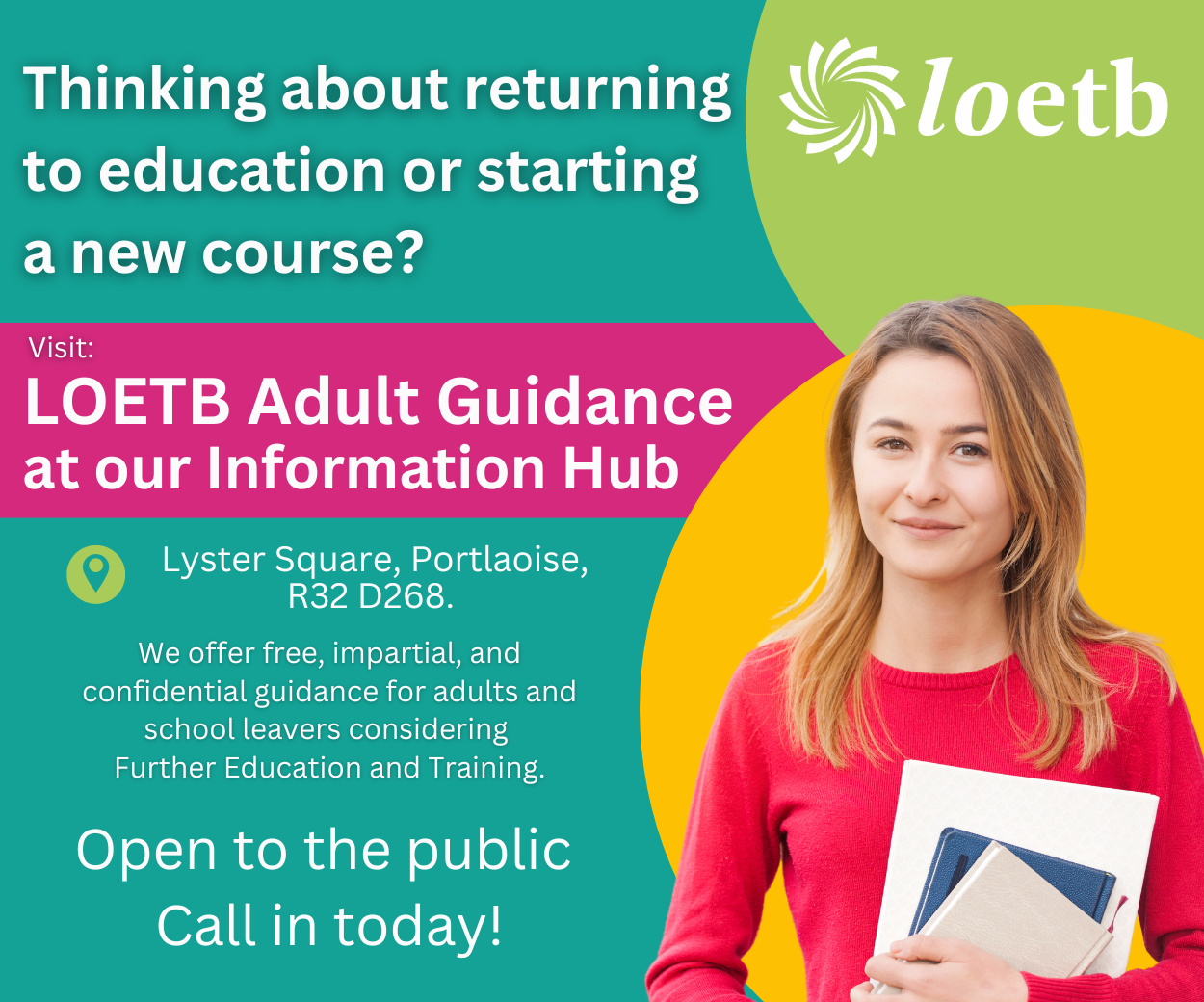Did you know one of the most powerful things you possess is your breath?
No, I’m not telling you to stop eating garlic or onions! I’m talking about the fact your breath is quite literally one of the best tools you have for easing symptoms of depression and anxiety.
It is also always with you and entirely free. Oh, and good luck trying to live without it!
I want you to do something. It will only take a moment. Focus your mind on your breath. What part of the breathing process does your mind get drawn to? Out of curiosity, what is your breathing habit? Do you breathe in shallowly or deeply. If the latter, you’re already onto a good thing. If the former, don’t worry, you can learn. It’s easy.
Now I want to take you through a short breathing exercise. Try to follow these instructions as closely as possible but don’t worry if your mind wanders. This is perfectly normal. When you notice your thoughts have wandered off from your breath, just gently bring it back to your breathing.
I want you to simply focus on the cool air entering your nostrils and the warm air exiting. Can you notice the slight change in temperature? There might even be a little tingling now you’re focusing on it.
Now I want you to see if you can notice your breath entering and exiting your throat. Then into your lungs and out again.
Finally, I want you to concentrate on your in-breath making your stomach rise and the out-breath letting it fall. Try to breathe in to fully expand your stomach and breathe out to let it fall down completely. It can help to leave your hand on your stomach whilst you do this. Do five more full in and out breaths.
Now return to focusing generally on your breath. Do you notice any change in your breathing style? Is it shallower or deeper than before? Is it quicker or slower? You probably answered the latter in both cases. So how do you feel now? How is your anxiety? Your depression? Did you get temporary relief from your symptoms?
When you are suffering anxiety or depression, or more generally stressed, the body is usually either in fight, flight or freeze mode.
In other words, it’s responding to or getting ready to react to danger.
One of the main ways the body prepares for flight-fight-freeze is by breathing quickly and shallowly.
This enables more oxygen to be taken in so that your muscles are in the optimum condition to respond. This is useful if you’re in a confrontation, less so if you’re at home or work just trying to get on with your day.
It’s positively hellish if you’re trying to get to sleep or enjoy an activity.
Your subconscious also knows that shallow, quick breathing means you’re likely in a flight-fight-freeze situation meaning your brain is on high alert.
It is also the main reason why a simple breathing exercise like the one above designed to calm, slow down and deepen your breath is so effective in relaxing you, however temporarily.
Your subconscious is then being sent a different message, that the imminent danger has passed, helping you, in turn, to feel calm.

























